
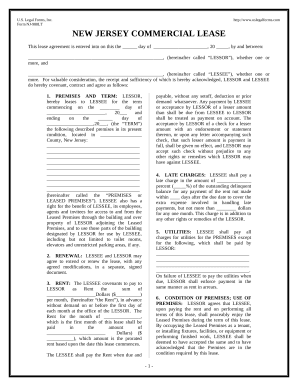
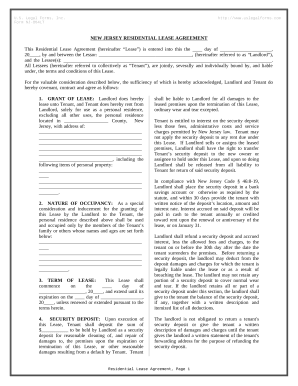

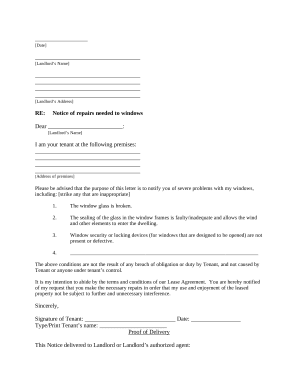
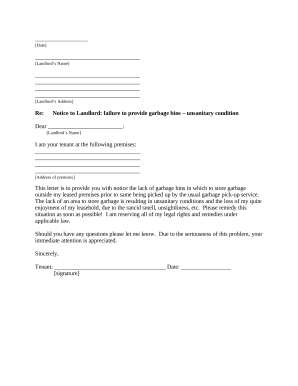
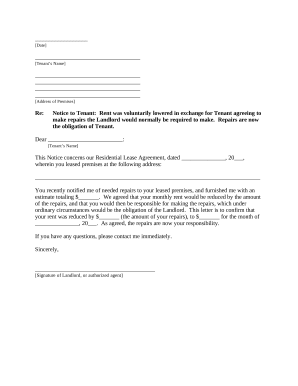



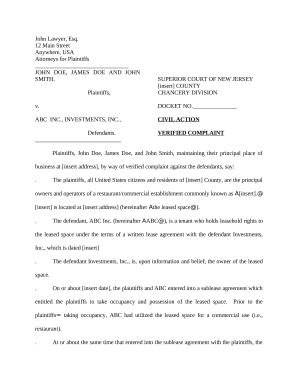

Document managing consumes to half of your business hours. With DocHub, you can reclaim your office time and improve your team's productivity. Access New Jersey Lease Agreements category and explore all templates relevant to your day-to-day workflows.
The best way to use New Jersey Lease Agreements:
Boost your day-to-day file managing using our New Jersey Lease Agreements. Get your free DocHub profile today to explore all templates.